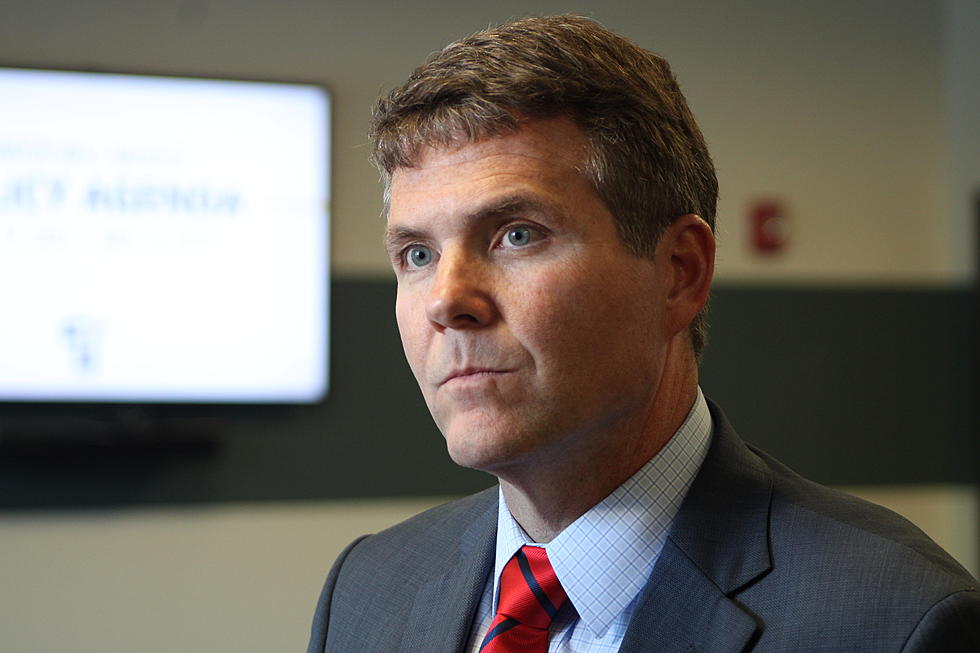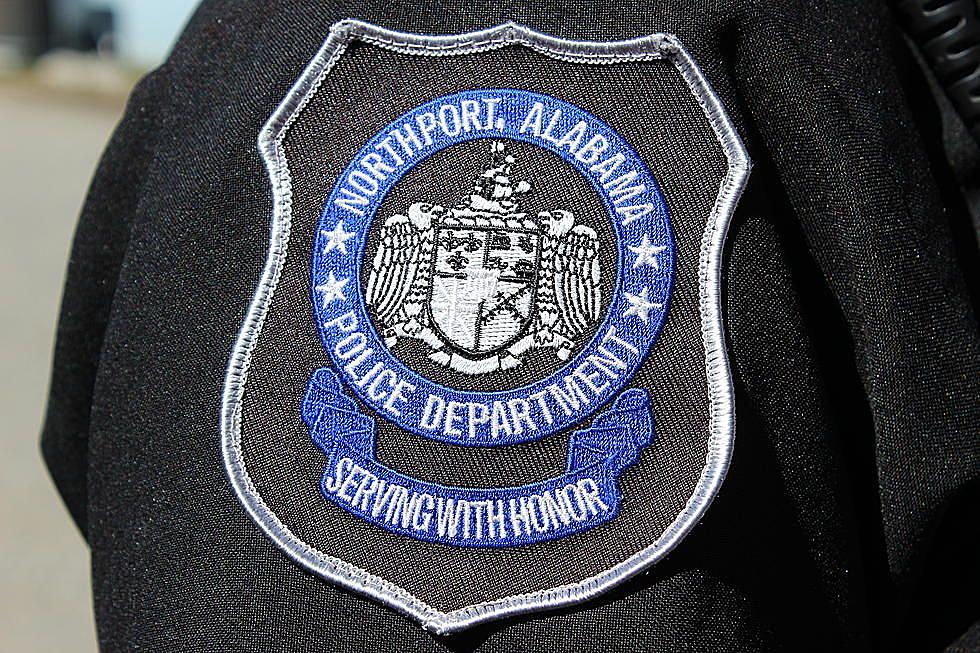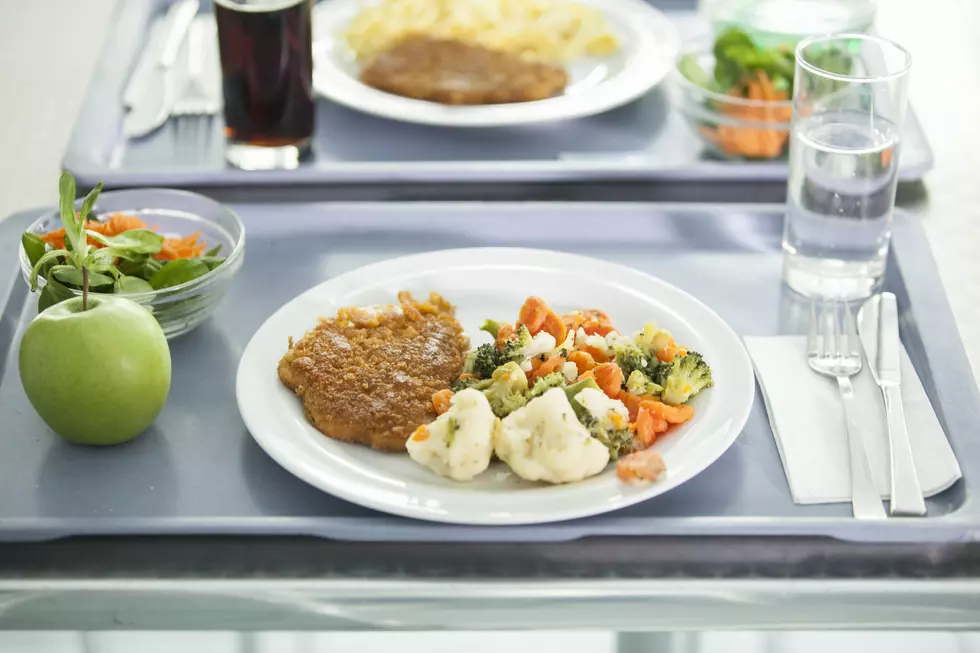
Mayor Says Bryant-Denny, Not Coleman Coliseum, At Heart of Controversial Alcohol Sale Service Fee
Mayor Walt Maddox said a service fee mandated last week by the Tuscaloosa City Council for the sale of tickets to events where alcohol will be sold is more about the possibility of bringing booze to Bryant-Denny than plans announced earlier this month to do the same at Coleman Coliseum.
For the uninitiated, the Southeastern Conference announced in 2019 that it would allow its member schools to sell alcohol at their athletic events if they so choose.
The University of Alabama has so far abstained from doing so, but earlier this month announced plans for its concessionaire to sell beer, wine and hard seltzer at Coleman Coliseum, where its basketball teams and gymnastics squad compete.

During the February 1st meeting of the Tuscaloosa City Council where those sales were approved, a spokesperson for Levy Premium Foodservice let slip that in addition to introducing alcohol sales at Coleman, plans were underway to do the same at the significantly larger Bryant-Denny Stadium during football games.
The council approved a resolution to allow Levy to sell alcohol at the Coliseum, but a week later unanimously OK'ed adding a fee of $1 to any ticket sold for events where alcohol is sold that seat 1,000 to 20,000 people, $2 for events between 20,000 and 50,000 and $3 for any event with more than 50,000 attendees.
On Monday, UA Athletics Director Greg Byrne shocked Bama fans worldwide by announcing that the University will not move forward with plans to sell alcohol at any of its venues as long as the service fee is in place. Read more about that statement here.
About an hour later, Maddox joined the Jay Barker Show on Tide 100.9 to discuss the fee, which he said actually amended existing city law that was adopted in September and charges the same fees to tickets sold for events at the Tuscaloosa Amphitheater and the Bama Theatre.
The move is almost entirely about the high cost of providing protection and logistics at the stadium, Maddox said.
"During the course of the [alcohol license] application for Coleman, it was disclosed that they were going to be doing the same for Bryant-Denny Stadium and certainly that's a whole 'nother dynamic when you basically put an entire city within three square blocks," Maddox said. "It becomes then the responsibility of the taxpayer, who has a significant investment already within the stadium and without the stadium, to deal with those issues."
That investment has been a source of contention for some time -- anyone looking at operations in and around the stadium on a Saturday in the fall can see that the Tuscaloosa Police Department plays a major role in securing the venue and dealing with any unpleasantness that arises in and around it.
"We have never charged for GameDay services, but we provide several million dollars, ultimately, in GameDay services," Maddox said.
Serving alcohol in a venue that seats more than 100,000 fans is certain to exacerbate the need for those services, Maddox said. The city council's decision last week, which would make every ticket sold for a home football game $3 more expensive, was intended to help offset the cost of providing those services.
"I have great respect for the University and certainly great respect for what [Byrne] has done, but I also have great respect for public safety, and that is our sacred responsibility," Maddox said. "The men and women of Tuscaloosa Fire and Rescue and the Tuscaloosa Police Department have to carry it out, and we're going to be the ones who are dealing with those issues."
The mayor discussed the cost of overtime hours, of transporting suspects in alcohol-related cases to the county jail and housing them there, and of ultimately prosecuting them when cases come to court.
"There are effects with this, and taxpayers deserve to have those effects reimbursed," Maddox said. "That's why those dollars [generated by the service fee] go strictly into a public safety fund for just fire and police."
Maddox said he has not spoken with Byrne personally and is confident that the city and the University, who have worked together on countless initiatives in the past, will come to an agreement.
Still, he did not budge on the need for new revenue to offset new costs sure to be generated by the sale of alcohol at UA sporting events.
"Without the immense resources of the Tuscaloosa Police Department, Tuscaloosa Fire and Rescue, our infrastructure and public services and other departments you could not provide the top-level of security both within the Stadium property and the Stadium proper," Maddox said.
Listen to Maddox's entire interview below, and stay connected to the Tuscaloosa Thread for additional details on this developing story as they become available.
Top Stories From the Tuscaloosa Thread (2/7-2/13)
More From Tuscaloosa Thread









